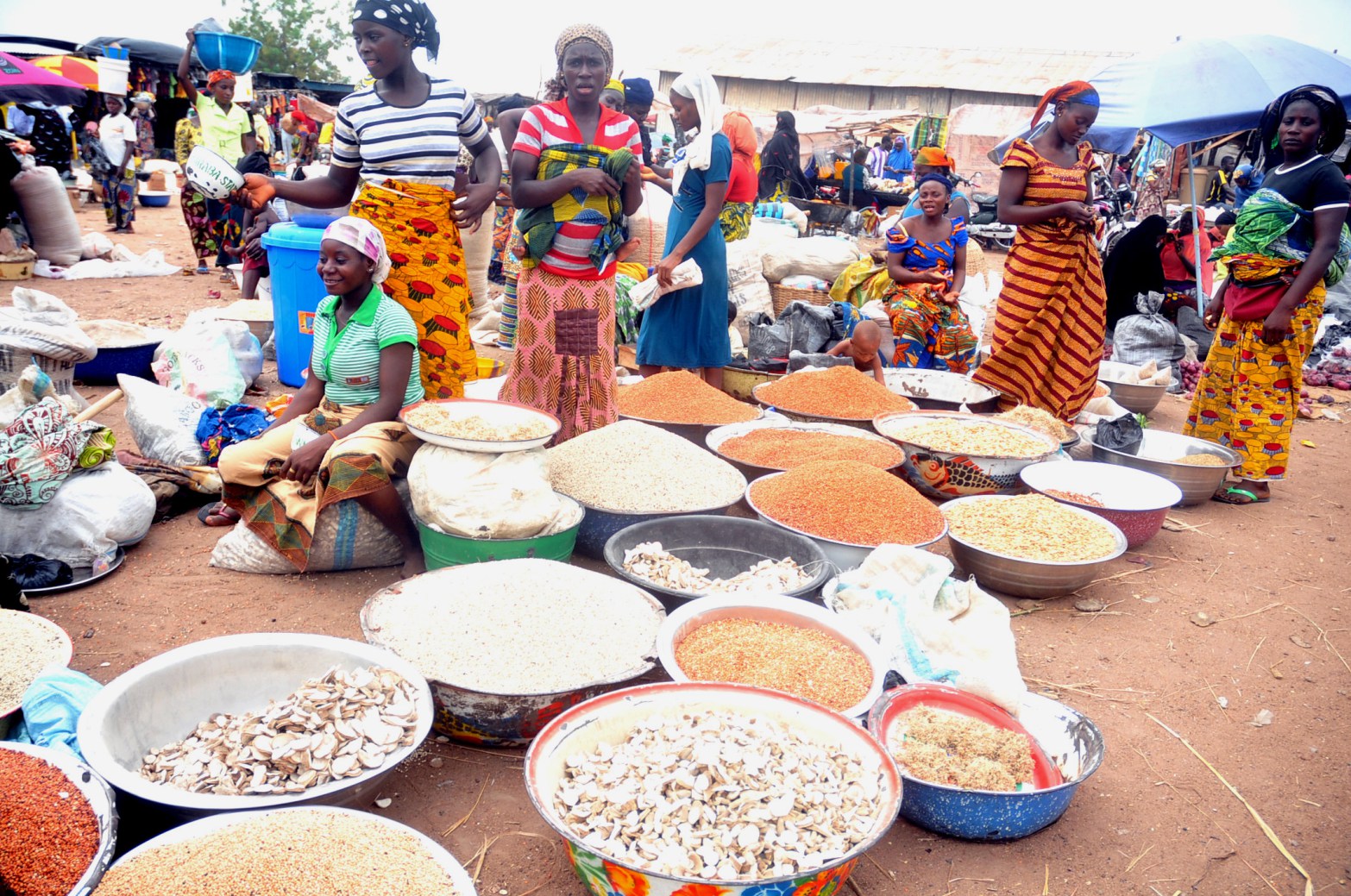By Hammed Olaoluwa Jimoh
Food protectionism, a practice used by governments to restrict international food trade with the intent to protect the local industry is upon us.
With the global economy recovering from the loss brought by the measures put in place to cushion the effect of the COVID-19 pandemic and the war raging between Russia and Ukraine, and by extension the trade restriction put in place to sanction Russia, the world now grapples with different food trade restriction policies that may hurt the import-dependent nations badly.
FG presents 57 oil field licences to investors tomorrow
FG tasked on gaps in COVID-19 maternal, child health recovery plan
In a statement by the President of the Republic of Indonesia in April 2022, the leader of the largest palm oil producing country in the world noted that following the scarcity of cooking oil in his country, he would be banning the exportation of palm oil. Similarly, Russia has also imposed a ban on the exportation of sunflower seeds and an export quota of 1.5 million tonnes on sunflower oil. In addition, Ukraine, Argentina, Malaysia, and Kazakhstan have banned the exportation of staple food, meat, chicken and wheat respectively.
Close home, Ghana has imposed a year-long ban on the exportation of grains such as maize, rice and soybeans. Ugandan government also imposed high taxes on grains so as to dissuade farmers from exportation of these crops with the aim to stabilise internal food market and guaranteeing local food security. While the protectionism agenda protects the local food industry of implementing countries, this agenda portends great danger for countries that depend on implementing countries for food import.
The war between Russia and Ukraine has increased the vulnerability of the world to food insecurity more than ever. The Executive Director of the World Food Programme, David Beasly, earlier warned that the war in Ukraine could affect food availability across the world. This supports the report by the World Bank that the war, initiated by Russia, will contribute to an abnormal food price hike till the end of 2024.
Nigeria is at the receiving end of the food insecurity caused by the war and the effect may be worse if no sustainable measure is put in place by the government and other development partners in the country. According to Country Wheat Import Dependent Ratio (IDR), Nigeria’s 2020 wheat import was valued at $2.15 billion, this which makes Nigeria the 4th largest importer of wheat in the world. The value of wheat imported from Russia in 2020 is $556 million making it 25.9 per cent of Nigeria’s total wheat importation. A disruption to the supply chain from Russia means that Nigeria will have to seek its wheat supply elsewhere or put policies in place to boost local production.
Comparing the production level of wheat in Nigeria, The United States Department of Agriculture (USDA) revealed that Nigeria produces nearly 60,000 metric tonnes, while the yearly consumption demand stands at between 4.5 and 5.0 million tonnes. This means that only about 1.3 per cent of the national wheat demand can be supplied through the country’s local production. In addition to the wheat importation, the United Nations COMTRADE database on international trade reported that Nigeria’s fertiliser importation from Russia in 2020 is valued at US$87.9 million. What this means is that the disruption in international trade between Russia and its import-dependent partners like Nigeria spells doom for Nigeria. According to Food and Agriculture Organisation following the war in Ukraine, the price of Urea, a major component of fertiliser has tripled in the last 12 months and the war may make the importation totally impossible. Lack of fertiliser will impact the productivity of Nigeria’s smallholder farmers negatively.
Nigeria’s poultry demand is majorly being taken care of by importation. About 361 tonnes of poultry meat was imported into the country in 2020, which was a 96.92 per cent decline from the 11,732 tonnes imported in 2019. The decline was a result of the poultry importation ban put in place by the government, which has taken effect, but still, poultry products are being smuggled into Nigeria through land borders. According to the Central Bank of Nigeria, 1.2 million tonnes of poultry meat was smuggled into the country from the Republic of Benin in 2019 alone. Food protectionism means that the imported part of the poultry product in the country will decline, thereby creating higher demand, and more market for local producers.
Nigeria’s palm oil importation was valued at $351 million in 2020, which makes Nigeria the 23rd largest importer of the product in the world. This importation is sourced from countries such as Malaysia with import valued at $242 million, Singapore at import value of $50.8 million, Indonesia at import value of $44.4 million, the Niger Republic at import value of $7.35 million and Colombia with import valued at $3.75 million. The country imports sunflower oil valued at $1.31 million to become the 137th largest importer in 2020. With trade partners from Turkey, Spain, France, Netherlands, and most especially, war-ravaged Ukraine, food insecurity in Nigeria may be more direr than earlier projected.
While the negative consequences of food protectionism and the war in Ukraine overshadow the positives, these consequences are a call to action for the government and all the stakeholders in Nigeria’s agricultural industry to strengthen local food production.
Jimoh is a Lecturer at the School of Vocational and Technical Education, Federal College of Education, Katsina

 Join Daily Trust WhatsApp Community For Quick Access To News and Happenings Around You.
Join Daily Trust WhatsApp Community For Quick Access To News and Happenings Around You.